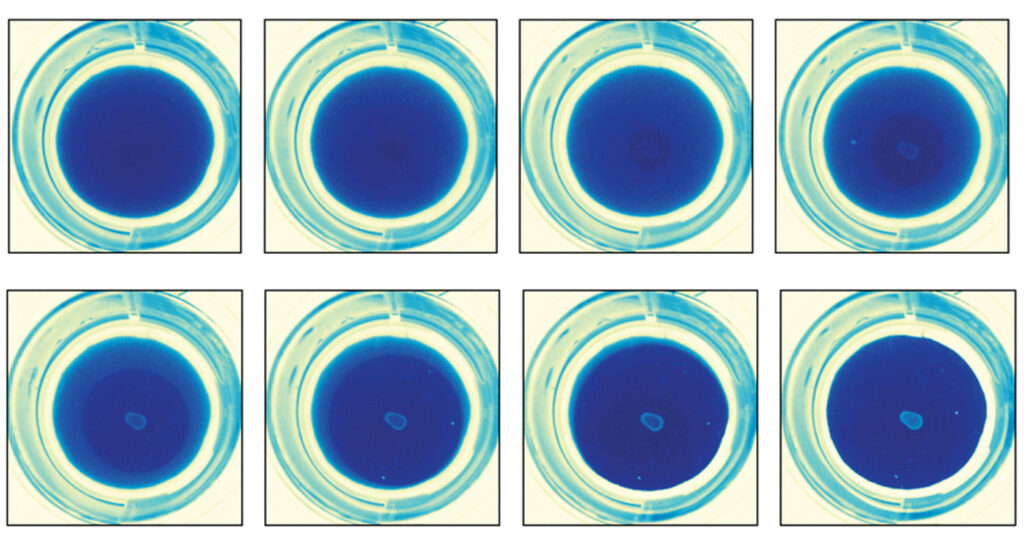
Biodegradable polymers, including those found in textiles, are a huge area of current research, in part because even some materials that are labeled as compostable break down only in industrial composting equipment, not in the environment, and thus still contribute to pollution. A team at the Massachusetts Institute of Technology (MIT) used machine learning to analyze a library of 642 polyesters and polycarbonates and predict how they biodegrade, based on their chemical structure and results from tests using the bacteria P. lemoignei.
“The study of polymer biodegradation has been limited to a small number of polymers because current biodegradation testing methods are time- and resource-intensive,” says lead researcher, professor Bradley D. Olsen. “This limited scope slows new material innovation, so we are working to open that up to a much broader portfolio of materials.”
“When polymers are developed, normally the strength of the material is examined first, and then once the material is developed, whether or not it biodegrades,” says doctoral candidate Katharina A. Fransen. The MIT team is developing a biodegradability screen to flip that procedure, one that is “quick, tangible, and relatively inexpensive,” Fransen notes.
The goal of having the dataset is “to reduce the risk and cost in commercializing new polymers by improving the success rate” and being able to predict not only their thermomechanical properties but also their “environmental fate,” the study concludes.
The research was published in The Proceedings of the National Academy of Sciences (PNAS) May 30, 2023, and was supported by the MIT Climate and Sustainability Consortium, the Abdul Latif Jameel Water and Food Systems Lab (JWAFS), and DIC Corp.
 TEXTILES.ORG
TEXTILES.ORG


